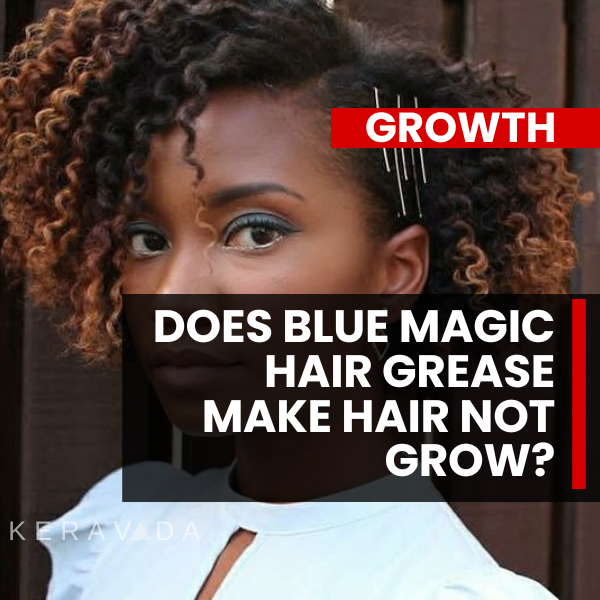Hair Grease and Growth: A Guide for Women of Color
Navigating the world of hair care can be complex, especially when it comes to understanding the effects of products like hair grease on hair growth. For African American women and women of color, who often have unique hair textures and needs, this becomes even more crucial. Let’s explore the truths, myths, and the science behind hair care, breaking it down in a way that’s easy to understand.
Understanding Hair Grease
Hair grease has been a long-time favorite in hair care routines, especially in communities of color. It’s a thick substance, traditionally made from petroleum, used to lock moisture into the hair. But does it really help your hair grow?
Hair Growth Basics
Hair grows from follicles on your scalp in a cycle that includes growth, resting, and shedding phases. The health of your scalp and these follicles is what really determines how your hair grows.
The Role of Hair Grease
-
Moisture Sealing: Curly and kinky hair, common in women of color, can be drier because scalp oils don’t travel down curls as easily as they do on straight hair. Hair grease can help seal in moisture, which is good for keeping your hair healthy.
-
Scalp Health: While hair grease doesn’t directly make your hair grow, it can affect your scalp’s health. Too much grease can clog pores and cause build-up, which isn’t great for hair growth.
Using Hair Grease Wisely
-
Use in Moderation: A little goes a long way. Using too much grease can lead to scalp build-up, which might actually slow down hair growth.
-
Choose Better Ingredients: Traditional hair greases made with petroleum can be heavy. Instead, look for products with natural oils like coconut, olive, or jojoba oil. These provide moisture without the downsides of petroleum.
Lets take a look at Blue Magic hair ingredients:
| Ingredient | Risk | Risk Factors |
|---|---|---|
| Petrolatum | Moderate | Can cause clogged pores; potential impurities if not fully refined |
| Lanolin | Moderate | Potential allergen; can irritate sensitive skin |
| Lecithin | Low | Generally safe; rare allergic reactions |
| Fragrance | Varies | Potential allergens; skin irritation in sensitive individuals |
| Colorants | Moderate to High | Possible skin irritation; concerns with certain synthetic dyes |
| Other Additives (e.g., Coconut Oil, Castor Oil, Aloe Vera) | Low | Generally safe; specific risks depend on the additive |
Introducing Natural Alternatives
Modern hair care has evolved to offer better alternatives. Products like KeraVada Wild Growth Pomade, which contains African Chebe (shaybay), are great examples. Why? Because they use natural ingredients that nourish your hair without the heavy, clogging effects of traditional hair grease.
Why Natural Ingredients Matter
-
Healthier Scalp: Natural ingredients like those in KeraVada’s pomade are less likely to clog pores. This means a healthier scalp and better conditions for hair growth.
-
Nutrition for Your Hair: Ingredients like African Chebe are known for their nourishing properties. They provide essential nutrients that support hair strength and health.
-
Gentle and Effective: Natural ingredients are often gentler on your hair and scalp. This means you can use them regularly without worrying about damage.
Myths vs. Facts
-
Myth: Hair grease alone can make your hair grow faster.
-
Fact: Hair grease can help in maintaining healthy hair, but it doesn’t directly speed up growth.
-
Myth: All hair greases are bad.
-
Fact: The type of ingredients in the grease matters. Natural oil-based products are generally better.
Embracing Your Hair’s Unique Needs
Every woman’s hair is different. What works for your friend might not work for you. It’s about finding the right balance and understanding what your hair needs.
Conclusion: Making Informed Choices
In the end, the choice to use hair grease or a natural alternative like KeraVada’s pomade depends on your hair’s needs and your personal preference. It’s about understanding your hair, treating it gently, and providing it with the right kind of care.
Remember, the journey to healthy hair is all about finding what works best for you and your unique hair type. By choosing the right products and using them wisely, you’re on your way to nurturing and celebrating the natural beauty of your hair.

